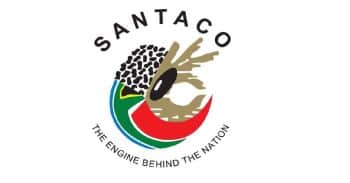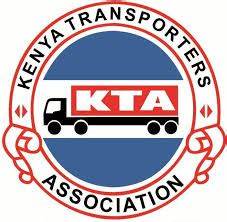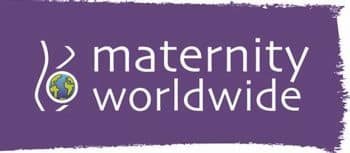Our Programmes

ESRC RESEARCH PROJECT: Youth engagement and skills acquisition within Africa’s transport sector promoting a gender agenda towards transitions into meaningful work
Project background
This project (2019-2022), supported by the Economic and Social Research Council, commenced in 2019, led by Durham University and sought to broaden our understanding of the challenges faced by women as users of public transport, as well as employees within the public transport sector. The project conducted in-depth participatory research targeting young women of low socio-economic status in peripheral locations in three city regions: Abuja, Cape Town and Tunis (selected based on their differing cultural, socio-economic and political environments) and developed pilot interventions which responded to the research findings.
Public transport in sub-Saharan Africa provides an essential means for young women to access education and employment opportunities. However, the sector is highly gendered and, therefore, limits access to women both as users and as workers within the sector. The research revealed frequent discrimination and harassment targeting women on public transport, concerns about personal safety and security, and a lack of influence from women as to how public transport is provided, all of which are constraints to young women’s ability to travel.
Results
In Abuja, where concerns about personal safety on the part of female public transport users were more common, given their reliance on informal motorcycle taxis (Okada), a short instructional film was developed (in Hausa and English), to equip women with the skills and knowledge needed to make a rapid assessment of the condition of the motorcycle and its operator before choosing which okada to use. The film was premiered to 300 women at Usmanu Danfodiyo University Sokoto, University of Jos and University of Abuja. Eighty-three per cent of women found the film useful, with the majority having learned how to better influence their personal safety when using okadas. The Federal Road Safety Commission also expressed an interest in using the video as an instruction tool as part of their road safety training in future.
Training packages were developed for women employed within the public transport sector, as entrepreneurs, or in private companies and government institutions in all three target cities. The training was delivered to 70 women in total and responded to identified shortfalls in capacity such as vehicle scheduling, the use of data to bring about transport efficiencies, legislation protecting the rights of women in the industry, and basic skills training. In Cape Town, working closely with the South African National Taxi Council (SANTACO), gender-based violence (GBV) sensitisation sessions were delivered to 45 male minibus taxi operators and a ‘safe taxi charter’ was developed by female public transport users and adopted by two taxi associations (a fleet of 200 vehicles). Transaid hopes to secure funding to expand this work to more associations in the country.
More Programmes










